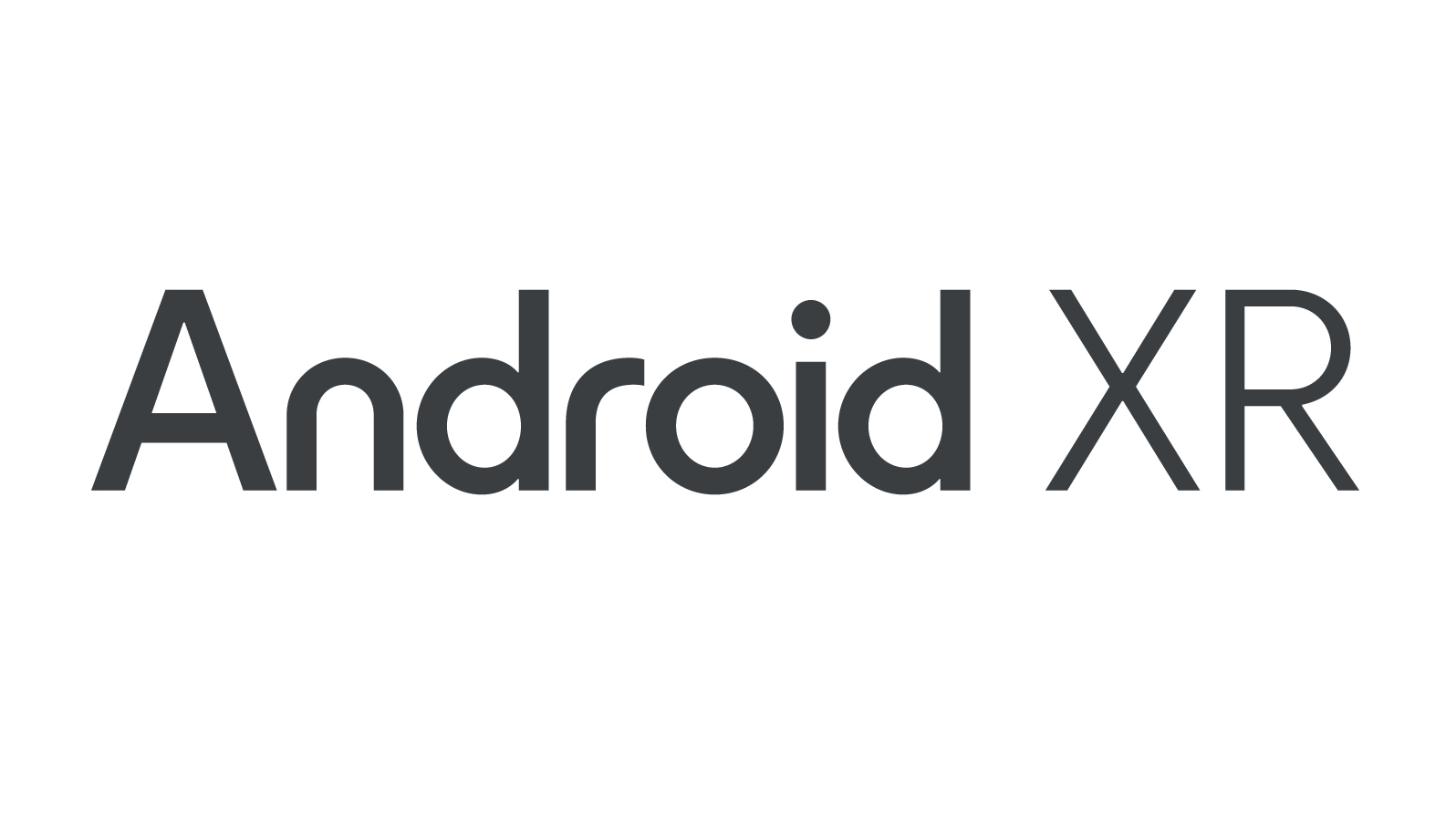Microsoft’s relationship with OpenAI is an exciting story in the tech world, infused with both collaboration and potential conflict. As OpenAI’s major backer with a hefty $13 billion investment, Microsoft secured a front-row seat to the developments of ChatGPT. Yet, this massive partnership may not be as solid as it seems. Earlier this year, Microsoft briefly overtook Apple and NVIDIA in market value, attributed largely to its early AI integration across its products. By investing billions into OpenAI’s groundbreaking technology, Microsoft gains exclusive early access to cutting-edge AI tools.
While OpenAI’s technology powers many of Microsoft’s offerings, a Reuters report hints that there may be shifts on the horizon. It’s suggested that Microsoft might weave new AI models into its Microsoft 365 Copilot service without relying solely on OpenAI’s technology. Apparently, models like GPT-4 carry substantial costs and don’t operate quickly enough to satisfy Microsoft’s enterprise clientele. Reports hint at Microsoft’s push to economize enterprise features, such as GitHub Copilot, to deliver more financial savings to consumers.
This development comes on the back of earlier reports alluding to the vulnerability of the Microsoft-OpenAI partnership, allegedly due to disputes over their exclusive arrangement and the hefty computing expenses tied to OpenAI’s ambitious AI pursuits. There are murmurs from within OpenAI claiming Microsoft’s struggle to supply sufficient computing resources could jeopardize the achievement of the coveted AGI benchmark, especially as competition from rival AI labs heats up.
Microsoft 365 Copilot plays a crucial role, being embedded into tools like PowerPoint and Word to streamline information retrieval, and help users with summarizing meetings and emails, thus boosting productivity. Yet, recent insights reveal some hurdles Microsoft faces with these advanced AI endeavors. A senior executive likened some functionalities of Copilot AI to mere “gimmicks,” lamenting the heavy reliance on external vendors to ensure Microsoft’s broader tech ecosystem functions smoothly. According to some users, the AI tool delivers unsatisfactory performance 75% of the time, leading them to question the value proposition of the $30-per-user-per-month price tag.
OpenAI, on its part, is reportedly aiming to abolish a strict clause that would end its collaboration with Microsoft upon achieving the AGI milestone. Interestingly, ChatGPT’s head, Sam Altman, suggests AGI might emerge sooner than expected with minimal societal upheaval. Internally, there’s a buzz at OpenAI that AGI might have already been realized with the deployment of OpenAI o1.
As the tech titan assesses its future path, Microsoft might be right to diversify its AI bets, especially with whispers about OpenAI’s potential financial losses projected to hit $5 billion in the coming year. Microsoft CEO Satya Nadella seems to hint that parting ways with OpenAI could be inevitable once AGI comes to fruition.














































